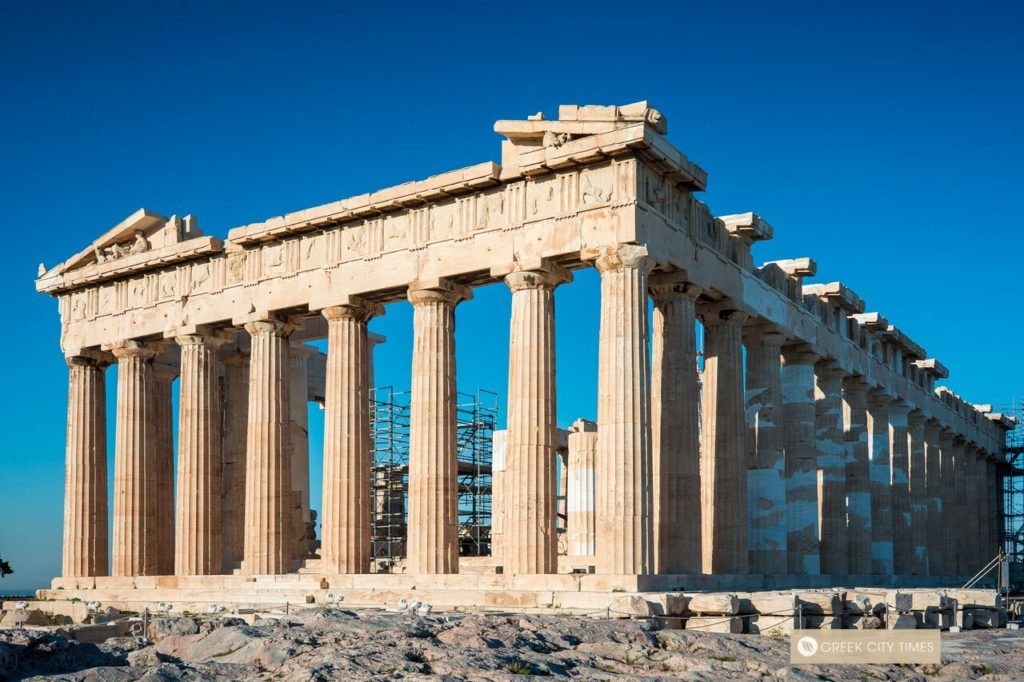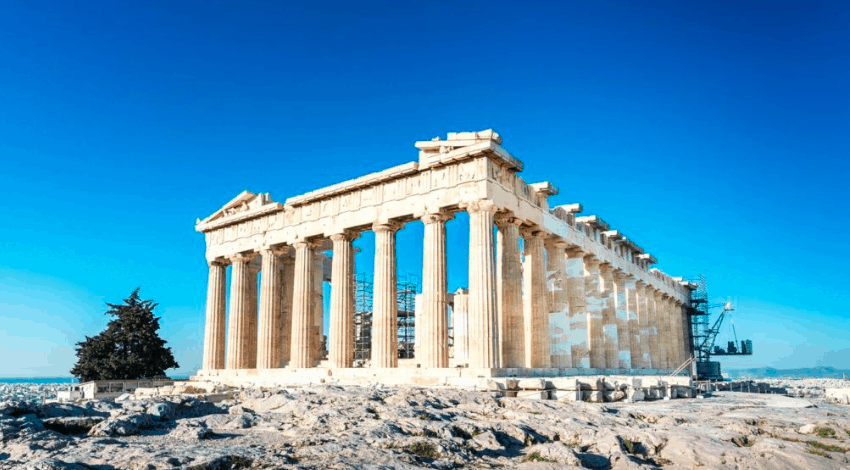
According to a new report from scientists, climate change is threatening the Acropolis and other ancient Greek monuments, which are some of the most visited archaeological sites in the world.
The reason is air pollution and acid rain, which they claim is eroding marbles, while extreme weather phenomena such as droughts or torrential rains have led ancient walls and temples to develop structural problems.
Even though the Acropolis hill, where the Parthenon stands, is probably Greece’s best-preserved archaeological site, there are signs that climate change has been increasingly affecting the monuments that stand on the hill.
“The walls of the (ancient) city have more erosion than in the past,” Maria Vlazaki, General Secretary of the Greek Culture Ministry, told Reuters.
The temple of the Parthenon on the rock of the Acropolis, located in the heart of Athens, dates back to the classical period of antiquity – the 5th century BC.
For decades there have been efforts to preserve and protect the Acropolis and its monuments, an operation that has been sped up since the mid-1970s.
“Every year, we have more cases… We give more money, unexpected money to protect the walls of the (ancient) cities that had no problems before, to protect the coastal area,” Ms Vlazaki said.
Christos Zerefos, a professor in the Academy of Athens said extreme weather events had become more frequent and the sudden swings from periods of flooding to drought were destabilising the monuments.
Speaking on the sidelines of a conference on climate change and cultural heritage, Zerefos told Reuters Greece needed better shelter for its monuments, and a monitoring system that would help provide extra protection in case of extreme weather.
*Source: Reuters
*Image by Nick Bourdo Photography (Copyright)


